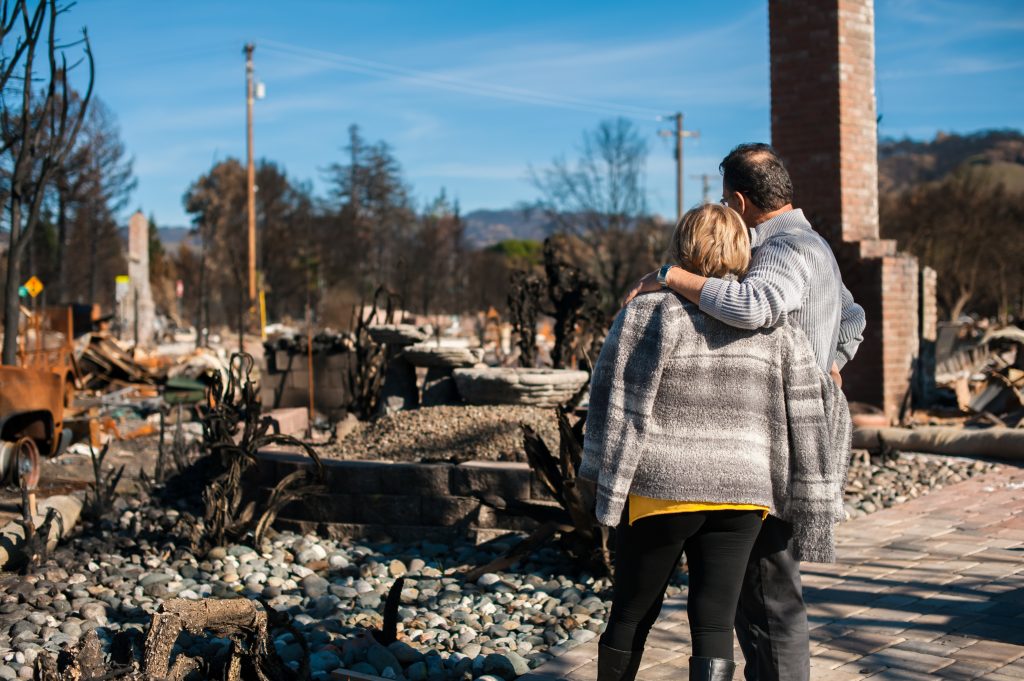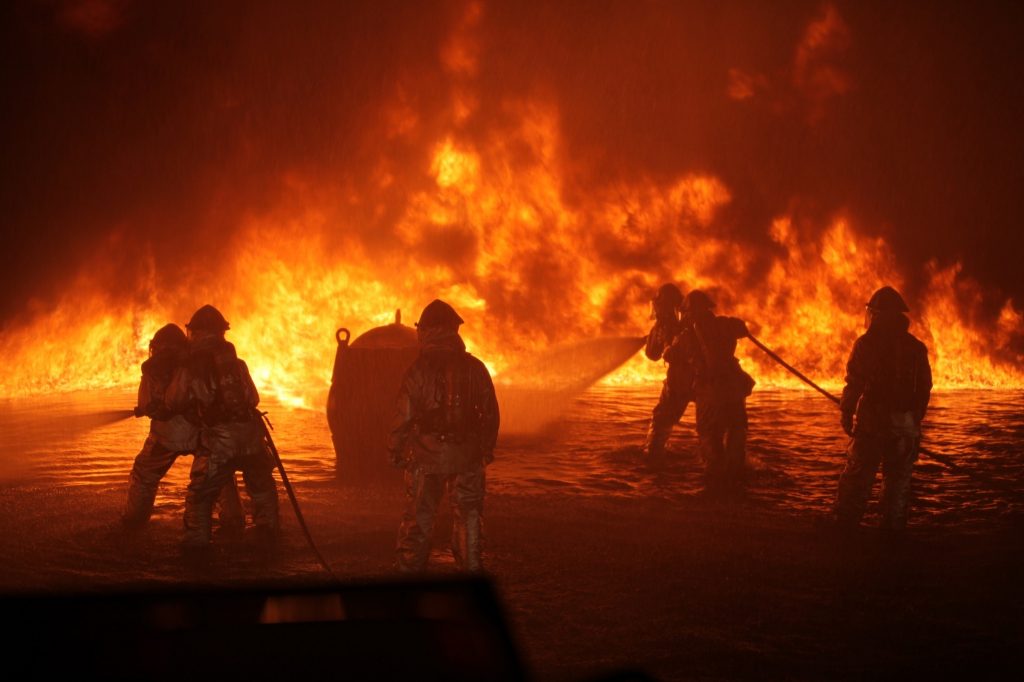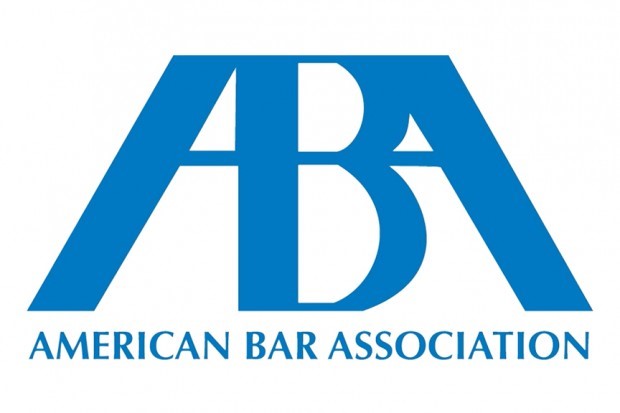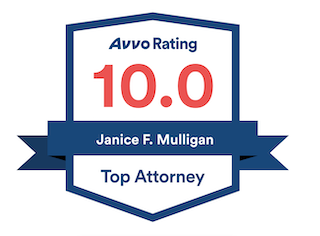Negligence claim against the Federal government? The Supreme Court may decide your fate.
Federal Tort Claims Act and the Feres Doctrine
Suing the Federal Government for negligence can be a daunting task. There are very strict requirements that you must follow in order for your rights to be protected. Our experienced attorneys are here to help.
Under the Federal Tort Claims Act, an individual may file a lawsuit against the federal government for injuries incurred as a result of the negligence of a government employee. In Feres v. United States, the Supreme Court concluded that members of the United States armed forces could not bring a claim under the FTCA for injuries related to their military service. (Feres v. United States, 340 U.S. 135, 138 (1950).) It is important to note that the Feres Doctrine only applies to active duty military members. It does not apply to claims brought by military spouses, dependents, or retired military personnel for injuries suffered as a result of the negligence of a government employee. Several cases have applied the Feres Doctrine to expand its scope and further limit the rights of active duty armed forces personnel when they have been injured by the negligence of government employees at military hospitals.
A lawsuit filed on behalf of an active-duty nurse who died after giving birth at a naval hospital intends to change that. In 2015, Walter Daniel filed a wrongful death lawsuit on behalf of his wife, Rebekah Daniel. In the lawsuit, Mr. Daniel alleges that the medical staff at Bremerton Naval Hospital were negligent in caring for his wife when she began experiencing significant post-partum hemorrhaging. The Western District Court of Washington dismissed the lawsuit citing the Feres Doctrine. Mr. Daniel appealed the decision to the Ninth Circuit Court of Appeals. The Ninth Circuit affirmed the District Court’s ruling concluding that the “case was barred by the Feres Doctrine” because the injury was “incident to [her] service.” (Daniels v. United States, 889 F.3d 978, 982 (2018).) The Court further stated “[i]f ever there were a case to carve out an exception to the Feres doctrine, this is it. But only the Supreme Court has the tools to do so.” (Id.)
After a rehearing in front of the Ninth Circuit was denied, Mr. Daniel set out to determine if the Supreme Court would do just that – carve out an exception to the Feres Doctrine and allow him to pursue justice for his deceased wife. Mr. Daniel has filed a petition to have the Supreme Court of the United States review his wrongful death lawsuit. It remains to be seen if Supreme Court of the United States will grant the petition and reconsider this archaic judicial doctrine. You can follow the Supreme Court and read its opinions at https://www.supremecourt.gov/opinions/slipopinion/18.
Our attorneys have successfully litigated multimillion dollar Federal tort cases against the United States government under the FTCA. If you are a military spouse, dependent, retired military personnel, or your child was injured at birth in a government hospital, you may be entitled to compensation. Please contact Mulligan, Banham, and Findley to speak with a lawyer about your rights.













